Abraham Lincoln: a quick look at his life and work
Check out the 16th President of America and his life story!

Abraham Lincoln has gone down in history as one of the greatest statesmen of all time. But you need to check out his life story to see why his achievements are so spectacular.
From the humblest of beginnings and a family that had little time for education, Honest Abe grew into a principled, clever, decent and hard-working lawyer.
He managed to navigate the stormy seas of early American politics and set a fair course through the difficult times the country faced. His famous Gettysburg Address is still considered one of the finest pieces of oratory and he was able to persuade stubborn minds to come over to his way of seeing things.
By resolving to end slavery once and for all and facing the consequent horror of the American Civil War, he set American on a new path to become the great nation it is today.
Find out about him, his childhood, his early years, his challenges and his sad and untimely death in our video biography and get inspired!
An accidental discovery that changed medicine forever
Just under 100 years ago in September 1928, Alexander Fleming stumbled on the most life-changing discovery in recent medical history.

As he himself said of that day in September: “One sometimes finds, what one is not looking for. When I woke up just after dawn on September 28, 1928, I certainly didn’t plan to revolutionize all medicine by discovering the world’s first antibiotic, or bacteria killer. But I suppose that was exactly what I did.“
Together with medical colleagues Howard Florey and Ernst Chain, he was awarded the Nobel Prize in Medicine and the world should be grateful to these great scientists for evermore.
The difficulty, after the momentous discovery of penicillin and its antibiotic properties, was how to market this wonder drug on a mass scale. The three men, with countless other collaborators, developed a production capability which meant that it could become available to people in need all over the world.
It’s a good example of what Louis Pasteur said about his own experience regarding germ theory and rabies, “fortune favours the prepared mind”.
Find out about his life, his discovery and the work that was done to bring this medical breakthrough to people around the world.
The enduring legacy of J S Bach
Over 300 years after he was born, Johann Sebastian Bach still lives on in his music
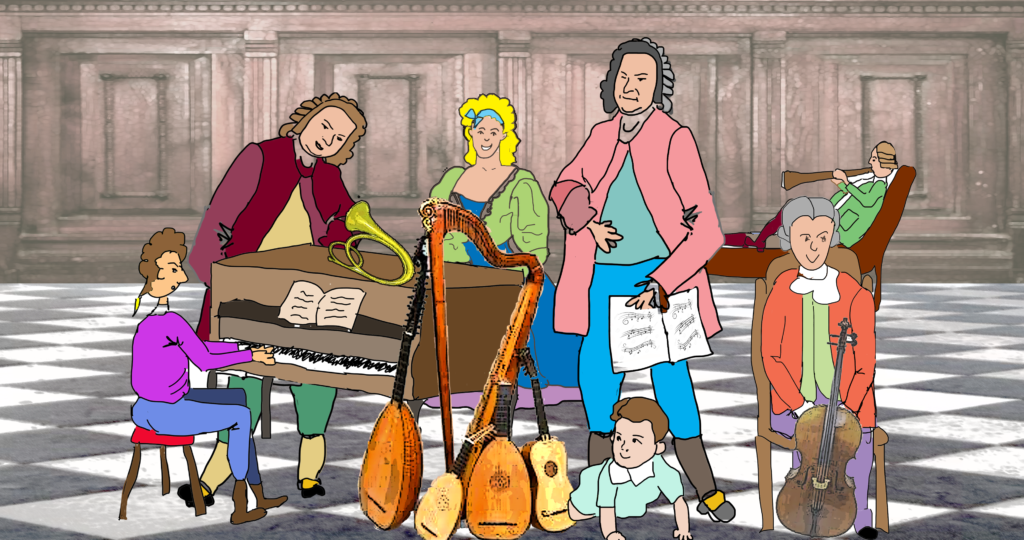
In our throwaway culture where things move so fast and we’re always looking for the new ‘new’, it’s a comfort to realise that the legacy of the life of the composer, Johann Sebastian Bach is still alive and flourishing more than 300 years after his death.
Whether you’re looking to relax, to sober up, to sleep or to mourn and grieve, this guy has got something that works. The sheer range of compositions, which he produced at a furious pace throughout his life, reminds us of what a creative powerhouse he was as well as his wide-ranging tastes and inspirations.
In his life, like so many of us, he dealt with disappointments, death and disillusionment balanced by resounding success, artistic fulfilment and the support of good friends and family.
If you want to get a quick overview of his life, check out our short biography of this towering figure of the music scene.
She sat down to stand up for civil rights
Just over 60 years ago, Rosa Parks’s simple act against racial injustice sparked a movement that led to the Montgomery Bus Boycott and profound social change.
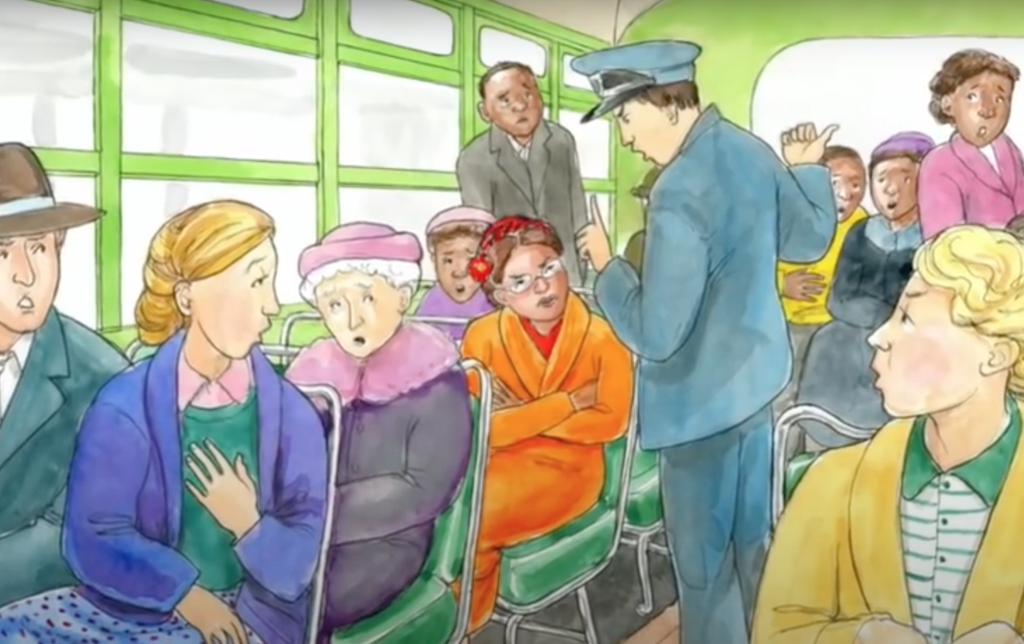
After refusing to give up her seat for a white passenger in Montgomery, Alabama, Rosa Parks was arrested and detained. Her determined stance led to a bus boycott starting in December 1955 which lasted 381 days – more than a year – and forced the Alabama authorities to desegregate public buses.
Her simple action energised the protest movement and motivated people to participate in the civil rights movement.
Check out her fascinating life story in our short video!
Mozart’s final weeks
230 years ago, the great Austrian composer was on his last legs
The 35-year-old genius was still working on his requiem and a cantata in the final weeks before his death. He was confined to bed on 20 November 1791 and only had 3 weeks left to live.
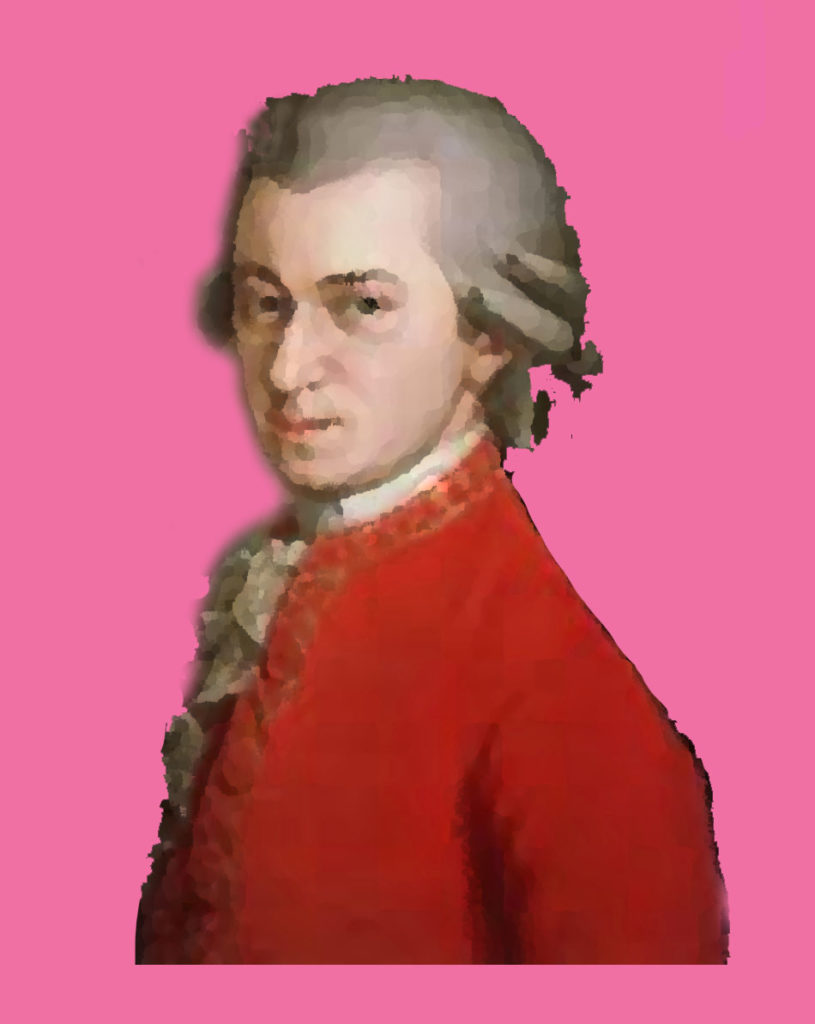
His requiem is a choral masterpiece that has become famous the world over since his death. The fact that he was still working on this massive masterpiece while feeling tired, depressed and seriously ill only makes it an even more staggering accomplishment.
Wolfgang Amadeus Mozart died in Vienna on 5 December 1791 after a furiously busy creative life, leaving behind more than 600 pieces of music that still give so much pleasure. Thanks Mozart!
Check out our short video about Mozart and find out about his life from crib to coffin and the music he left us!
Captain Bligh
Captain Bligh reached Timor today, along with 18 other, in 1789 after a journey of 7,400 km in a open boat. Quite a feat! With trains, cars and planes now the preferred method of travel, we can forget just how intrepid travelling by sea was. From Zheng He, the Chinese admiral who explored the vast oceans around China to Captain Cook who went off to Australia, New Zealand, Canada and finally met his end in Hawaii, adventurers and navigators make for a great story of adventure – we’ve got several stars of the sea in our movie library for kids!
The changing face of education

It’s interesting to look at what Finland is doing with its approach to education. Take Phenomenon-Based Learning (PBL) – it might be changing the way kids learn for the future. Less rigid subject teaching, much more collaborative learning and a clever way of using technology to find out stuff. So the days of plain old history, geography and english lit may be numbered. Of course kids need to learn the basics of maths and language, grammar and science, but once they have those, they can apply that learning in real-life situations so answer questions about our world.
There’s always going to be a place for general knowledge in education – that’s part of the great tapestry of learning and gives what we do perspective and context.
Forgotten scientist alert!
Sir Humphrey Davy shuffled off to the great lab in the sky today 188 years ago. But in his time, he was a major hitter in the world of science boffins. I won’t go into it now, but his main gig was inventing the DAVY LAMP which miners used down the pits. Also he was a major inspiration and guru to MICHAEL FARADAY (inventor of the electric motor) who DID turn out to be a BIG NOISE in science. Life well lived, Humphrey Davy (although 50 seems a bit young to die).
Quietly brilliant
I’m thinking about Andrew Jackson Moyer today. Who he? One of those quietly brilliant scientists – a microbiologist from Indiana who deserves to be part of the Alexander Fleming story of penicillin. Fleming famously noticed the mould in his unwashed lab dish when he got back from holiday. But it was Ernst Chain and Howard Florey who worked on producing it in bigger quantities, to save the lives of wounded soldiers returning from World War II. But even those brain boxes couldn’t make enough of it. Enter Andrew Moyer who found a way of making truly industrial amounts of penicillin by means of continuously shaking the culture of corn steep and lactose. Ok – the broth bit is a bit too sciencey for me, but the main point is…thank you Andrew Jackson Moyer! Watch Alexander Fleming’s life story here!
Variety!
Today is Biodiversity Day. Sounds irrelevant? It’s not! Biodiversity is the sciencey name for variety. and you’ve gotta admit, we all love a bit of variety. Take Darwin and his famous finches. The whole evolution theory wouldn’t have got off the ground if there’d just been one, sad, grey-looking type of finch. Instead there were loads of finches, all with their specially-designed beaks to deal with the nuts on their particular island. Excellent example of nature’s neat planning. Right tools for the right task. Check on up Darwin’s life story with our video biog.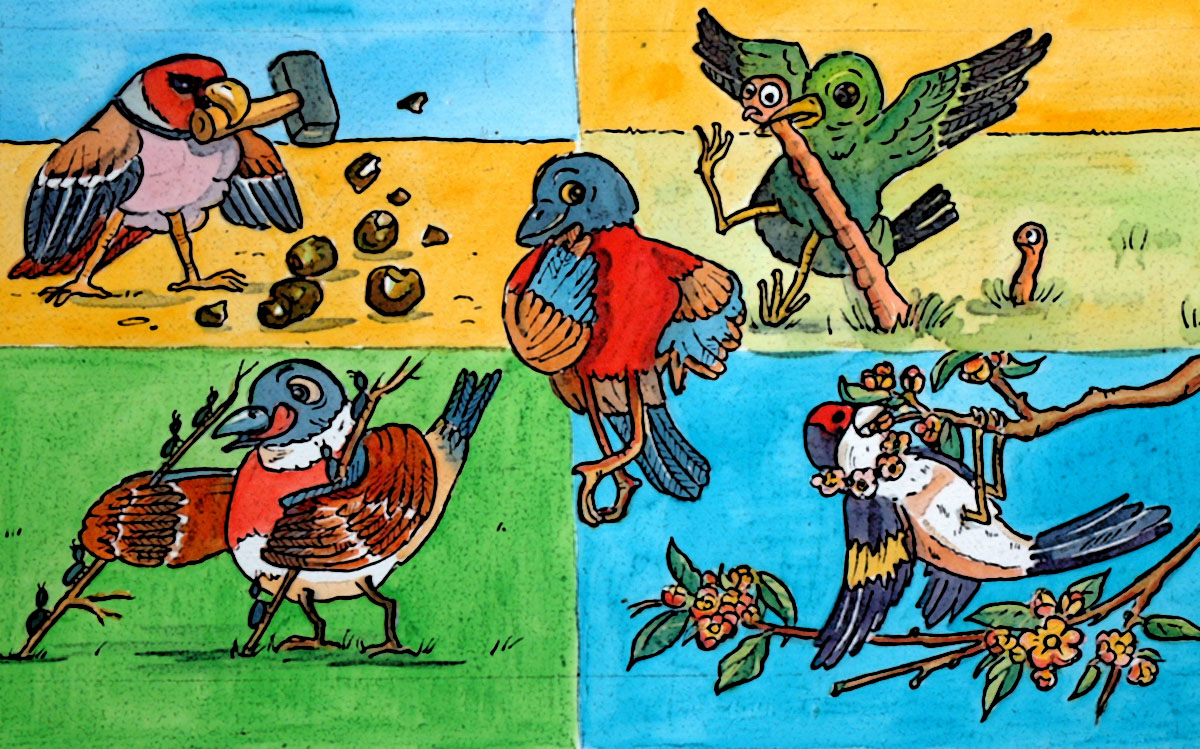


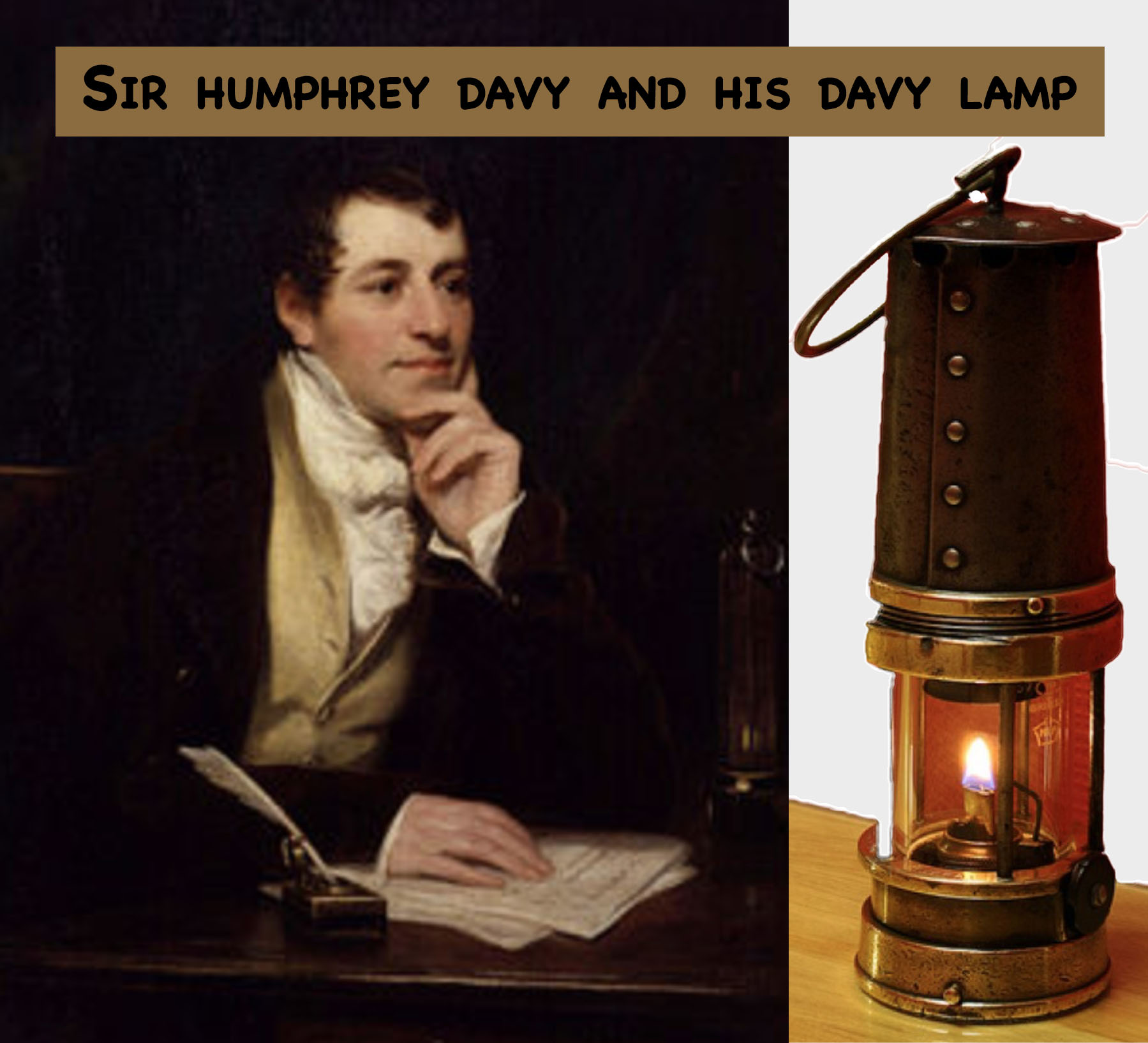
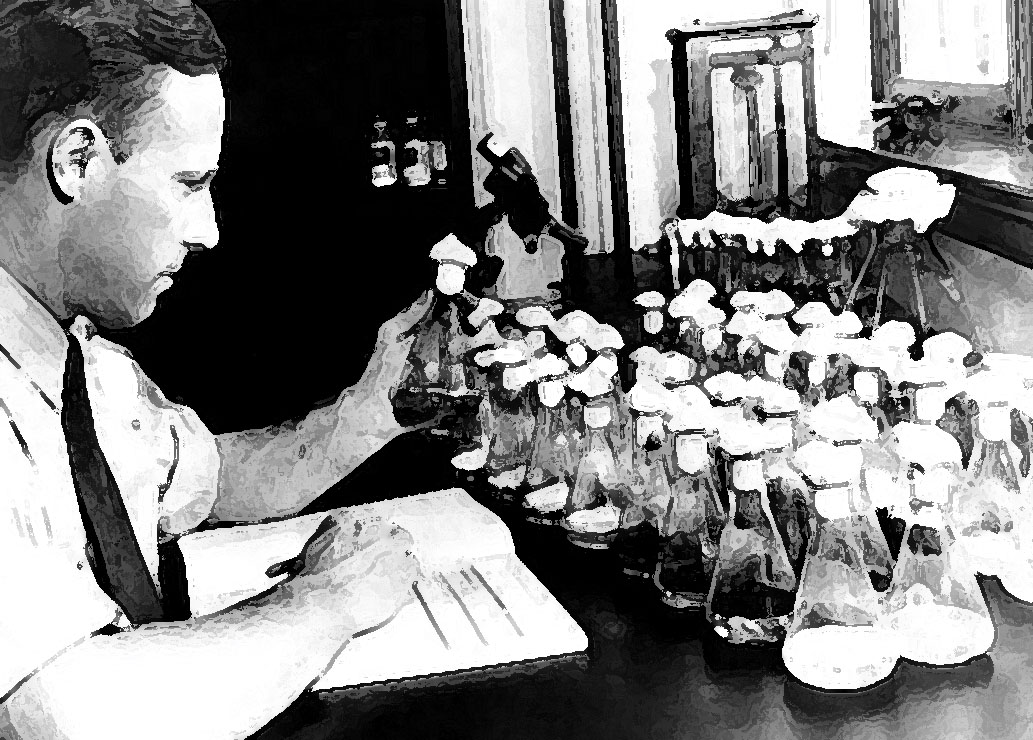
Recent Comments